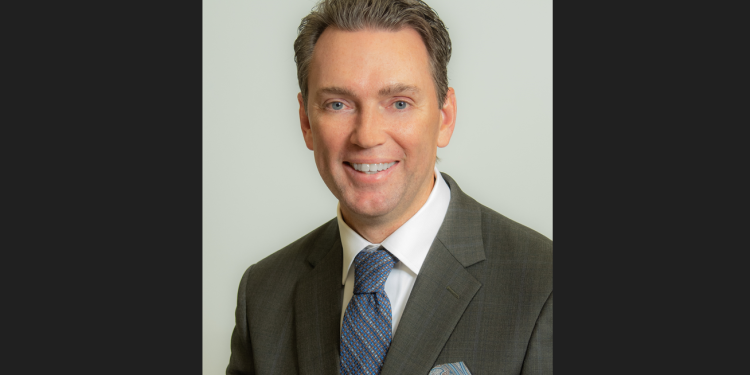The Pennsylvania Senate Majority Policy Committee recently held a public hearing at Penn Highlands Mon Valley, in Monongahela, Pa., addressing the challenges surrounding rural healthcare.
During the hearing, Steven M. Fontaine, Penn Highlands Healthcare chief executive officer, was a member of a three-person panel testifying on the issues that threaten rural healthcare sustainability in Pennsylvania and strategies that could be implemented to ensure continued care to the public.
Fontaine began his testimony by informing the senators that the eight hospitals in the Penn Highlands Healthcare system contribute more than $1.8 billion to the Pennsylvania economy and are among the largest employers in the communities they serve. He then presented statistics and facts regarding rural healthcare.
“Approximately one-third of the Pennsylvania population lives in rural areas and the residents tend to be older,” Fontaine explained. “Having a hospital nearby is a sign of vitality. Rural hospitals are on the brink of disaster without support from the state and federal government.”
While Fontaine cited four threats to rural healthcare sustainability including workforce staffing, record-setting inflation, strict government regulations and limited transportation availability, he also offered solutions.
“We should be encouraging partnerships with schools, as Penn Highlands Healthcare has been entering, to encourage careers in healthcare. An investment in more community partnerships is required to help make transportation more accessible. Increased reimbursement is necessary to keep up with the cost of care. Modernization of regulations is much needed,” explained Fontaine.
In addition to Fontaine, Kyle Kopko, executive director of the Center for Rural Pennsylvania, and Nicole Stallings, president and CEO of the Hospital and Healthsystem Association of Pennsylvania, served on the panel.
All three panelists agreed that people want to receive care in their own communities and it is important to ensure that the hospitals and health systems throughout the commonwealth have the resources to effectively provide care to them.
The hearing also included two additional panels that were comprised of physicians and other healthcare leaders from throughout Pennsylvania who provided testimony on secure affordable care and improving access to care.




